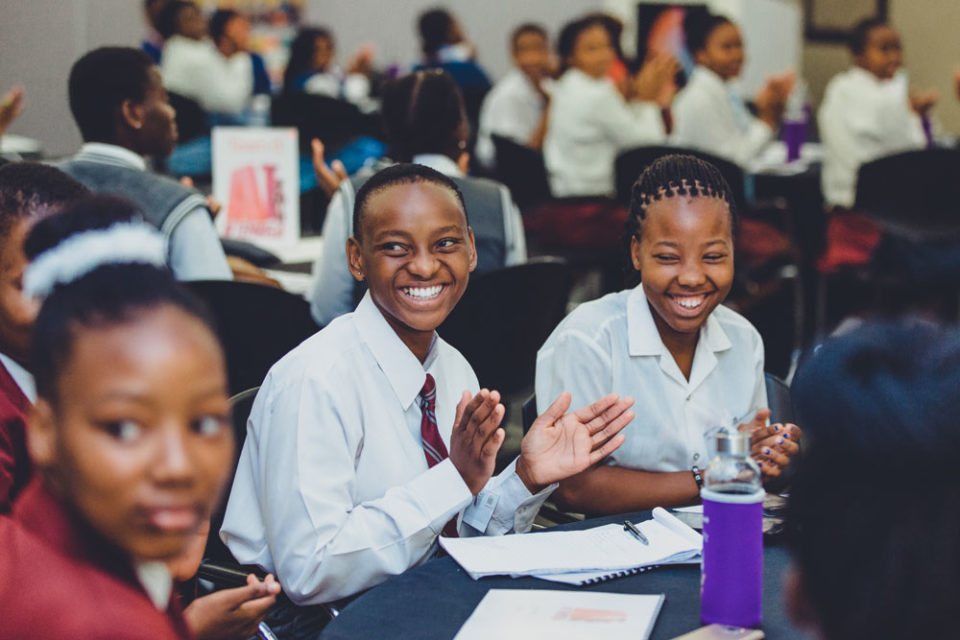Johannesburg, 9 April 2019, furthering its commitment to driving education in South Africa, Microsoft South Africa has partnered with AI in Africa to realise the DigiGirlz initiative which aims to help talented youth reach their full potential and become the leaders of tomorrow by equipping them with critical skills in the science, technology, engineering and maths (STEM) fields.
As part of a nationwide initiative, AI in Africa initiative is aimed at girls aged 15 to 18 years old in previously disadvantaged communities to create purposeful, high impact solutions that tackle challenges ranging from community safety to unemployment and education. These girls-only bootcamps attempt to address the systematic exclusion of youth in a variety of 21st century careers by offering a powerful platform to acquire new tools and knowledge, bettering their prospects at female digital inclusion and subsequently, socio-economic forecast.
According to Microsoft research, conducted in collaboration with McKinsey & Co, with today’s advances in technology, by 2030 up to 375 million people will need to switch from the work they are doing today. That means youth need to be future-ready, equipped with both traditional numeracy and literacy capability, as well as STEM and artificical.
One such initiative to that aims to transform the future workforce and level the playing field for girls is DigiGirlz, which is Microsoft’s signature education programme that leverages its employees’ knowledge and passion to empower youth especially girls participate in hands-on computer and technology workshops.
“We are proud to be involved with such an initiative that aims to harness the STEM skills young girls need to become problem solvers and build successful careers in these fields. The AI revolution has begun in Africa, and it’s going to empower and enable us to do more than ever before. Approximately 80 percent of jobs created in the next ten years will require a blend of science, technology, engineering and maths, but right now only about 30 percent of the science and technology workforce in Africa is comprised of women – indicating a massive gap that urgently needs to be addressed,” says Lillian Barnard, Managing Director of Microsoft South Africa.
The possibilities that AI promises to bring in education specifically are exciting. Microsoft is committed to empowering students to achieve their best, it works closely with schools throughout the entire transformation journey – from research and planning to creating tailored solutions and implementing the technology.
To date, Microsoft has trained approximately 100,000 teachers (reaching approximately 5 million learners) with digital literacy skills, but more importantly how to leverage this knowledge to teach critical skills for the modern workplace, including creativity, collaboration and coding.
As the world moves into the digital era it is imperative that South Africa equips its citizens with the necessary skills that will allow them to become more self-reliant, more socially cohesive, and better trained in addressing the fundamental issues of education, health and safety through AI.





